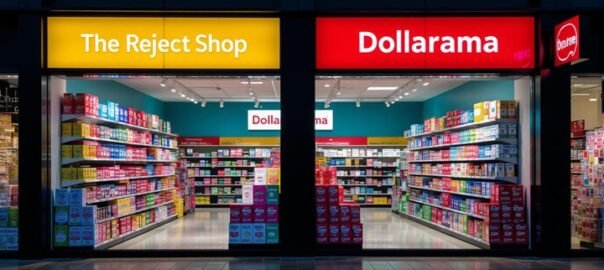Luxury skincare brand Clé de Peau Beauté announced on Friday the appointment of Nicole Kidman as its newest brand ambassador.
In speaking about the appointment, the Japanese beauty brand said the Australian-American actress and producer, “embodies its vision of radiance—where a blend of intelligence, artistry, and purpose converge,” according to a press release.
“We are delighted to welcome Nicole to the Clé de Peau Beauté family,” said Mizuki Hashimoto, chief brand officer of Clé de Peau Beauté.
“We believe radiance is more than appearance; it’s an inner strength that drives positive change. Nicole exemplifies this belief through her inspiring journey, showcasing how passion and purpose unlock a Radiance that empowers others.”
With an acting career spanning more than 40 years across several genres, Honolulu-born Kidman first gained international attention with her role in the movie “Dead Calm” (1989), before rising to global fame after starring opposite former husband Tom Cruise in “Days of Thunder” (1990). From here, the 58 year old inked critically acclaimed roles in films such as “To Die For” (1995), “Moulin Rouge!” (2001), and “The Hours” (2002), for which she won the Academy Award for Best Actress.
Kidman continued to demonstrate range on the silver screen with performances in “Cold Mountain” (2003), “The Others” (2001), “Rabbit Hole” (2010), and “Lion” (2016). Most recently, she starred opposite Harris Dickinson in erotic thriller, “Babygirl” (2024).
In television, Kidman earned Emmy Awards for her role in HBO’s “Big Little Lies” (2017–2019) and starred “The Undoing” (2020) and “Nine Perfect Strangers” (2021). Beyond acting, she has produced several projects through her company, Blossom Films.
Kidman is also a UN Women Goodwill Ambassador, advocating for women and girl’s empowerment through education, economic opportunities, and the fight against gender-based violence.
“I am thrilled to be joining the Clé de Peau Beauté family,” said Kidman. “I am inspired by the brand’s commitment to celebrate individual beauty across every aspect of a person’s life. I look forward to what we can create together.”
Founded in 1982, Clé de Peau Beauté forms part of Shiseido’s prestige division, and is positioned as the Japanese company’s ultra-high-end offering, known for fusing Japanese scientific innovation with French-inspired elegance to unlock skin’s natural radiance.
The brand is available in 26 markets worldwide.
Author Credits- Benjamin Fitzgerald
FASHION NETWORK










